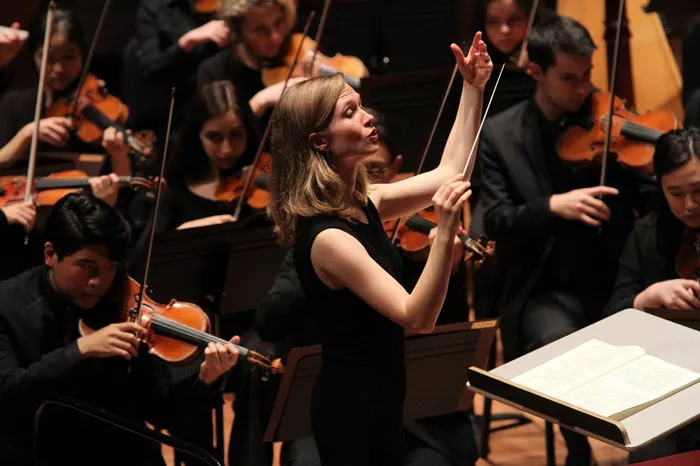Classical music, with its timeless melodies and grand compositions, has enraptured audiences for centuries. From the elegance of Mozart to the majesty of Beethoven, these musical masterpieces have left an indelible mark on the cultural landscape. Yet, as we delve into the world of classical music, a question arises: is classical music copyrighted? The interplay between creativity, history, and legal rights has sparked discussions and debates surrounding the ownership of these iconic compositions. In this exploration, we unravel the complexities of classical music’s copyright status, shedding light on its unique nuances and implications.
Understanding Copyright and Its Realm
Copyright, in essence, is a legal concept that grants creators the exclusive rights to their intellectual and artistic creations. It ensures that creators can control how their works are used, distributed, and monetized. However, the realm of copyright is not uniform across all artistic forms, and classical music exists within a distinctive domain.
The Timeless Dilemma of Public Domain
One of the primary factors influencing the copyright status of classical music is the concept of the public domain. Works that have entered the public domain are no longer under copyright protection and can be freely used by anyone. Generally, classical compositions created before a certain year—often around the early 20th century—have transcended copyright protection and entered the public domain.
For instance, the compositions of renowned composers like Ludwig van Beethoven, Wolfgang Amadeus Mozart, and Johann Sebastian Bach are now part of the public domain. This means that anyone can perform, record, and distribute these compositions without seeking permission or paying royalties.
Modern Interpretations: Arrangements and Performances
While the original compositions themselves may reside in the public domain, modern interpretations, arrangements, and performances of classical music can still be subject to copyright protection. Arrangements that introduce new elements or interpretations to classical pieces may be considered original works, eligible for their own copyright.
Performances of classical music, particularly by orchestras and ensembles, can also have copyright implications. The specific arrangement, interpretation, and performance of a classical piece can contribute to its uniqueness, potentially warranting copyright protection for the performance itself. This layer of protection aims to acknowledge the creative efforts of the performers in bringing the music to life.
Navigating the Grey Areas
In the realm of classical music, navigating copyright can sometimes lead to grey areas. For instance, while the original composition of a symphony by a long-deceased composer might be in the public domain, a contemporary orchestra’s specific performance of that symphony could be subject to copyright protection. Similarly, modern recordings of classical pieces can introduce new artistic elements, leading to questions about the extent of copyright coverage.
Frequently Asked Questions:
Can I freely use classical music compositions created by famous composers like Beethoven and Mozart?
Yes, classical music compositions created by composers who lived more than a certain number of years ago (usually around 70-100 years) are generally in the public domain. This means you can use, perform, and distribute their works without seeking permission or paying royalties.
Are modern arrangements and performances of classical music protected by copyright?
Yes, modern arrangements and performances of classical music can be protected by copyright, especially if they introduce new and original elements to the original composition. This protection extends to arrangements, adaptations, and interpretations that showcase a unique artistic perspective.
Can I record and distribute a performance of a public domain classical composition?
Yes, you can record and distribute a performance of a public domain classical composition without seeking permission from the original composer or their estate. However, if the recording includes new elements, such as unique arrangements or performances, those elements could be protected by copyright.
In the realm of classical music, the interplay between history, creativity, and legal rights has given rise to a nuanced landscape of copyright. While the original compositions by iconic composers reside in the public domain, modern interpretations and performances can introduce new layers of protection. Whether through the elegance of the classics or the innovative renditions of contemporary artists, the world of classical music continues to enchant and inspire, bridging the past and the present in harmonious melodies.

